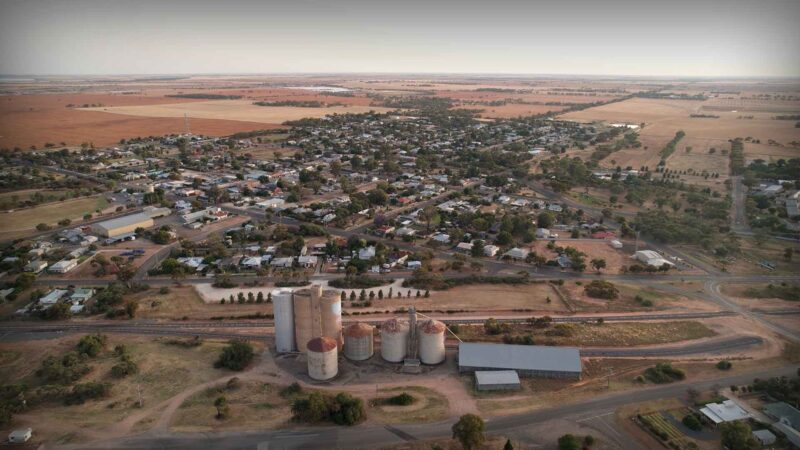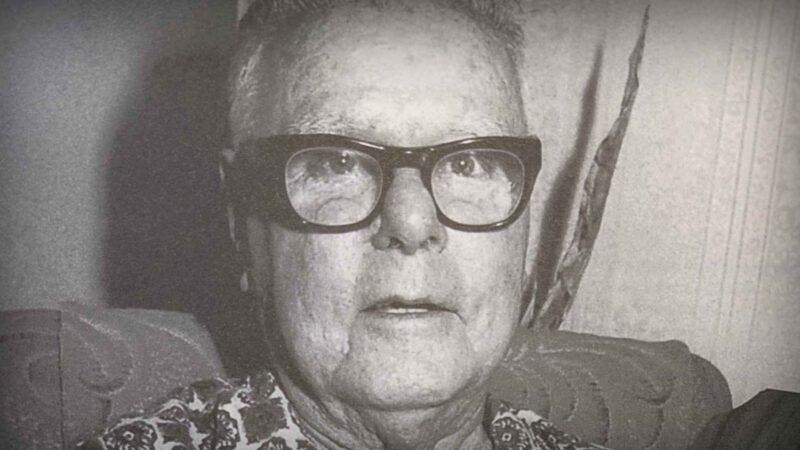Professor Creswell Eastman AO is a world-renowned endocrinologist with a primary interest in Iodine Deficiency Disorders. He is the Clinical Professor of Medicine at the University of Sydney School of Medicine and Consultant Emeritus to Westmead Hospital.
Professor Eastman recently spoke to Australian Health Journal about iodine deficiency in pregnancy preparation and the mother’s health during pregnancy. May is the time of the year for the Australian Thyroid Foundation’s (ATF) Thyroid Awareness Month and Professor Eastman spoke about why iodine deficiency has become an even greater risk in Australians in recent years. He stresses the importance of public health literacy and health care professionals (HCPs) having a better understanding of the disorders associated with iodine deficiency.
Recent research from The Lancet – March 2022 emphasises the consequences and risks of an inadequate amount of thyroid hormone at conception, during pregnancy and whilst breastfeeding.
‘Without an adequate amount of thyroid hormone mothers can be exposed to hypertensive disorders of pregnancy, including gestational hypertension and preeclampsia or eclampsia, which affect around 10% of pregnant women and are the leading causes of maternal and neonatal mortality worldwide. Mothers who suffer from hypertensive disorders during pregnancy are at increased risk of long-term cardiovascular consequences and hypertensive disorders in subsequent pregnancies. Evidence also indicates a risk of reduced cognitive ability to their offspring.
‘Knowing if you are genetically predisposed to Hashimoto’s or Graves’ Diseases, which are both thyroid autoimmune disorders is important to be aware of, to ensure all appropriate tests are ordered. Autoimmune disorders may predispose mothers to a thyroid problem during pregnancy’, says Professor Creswell Eastman, who also serves as the ATF’s Principal Medical Advisor.
‘Unnecessary risks to a pregnancy and the mother’s health during pregnancy and ongoing is something that can be avoided and prevented. Raising awareness and ensuring thyroid tests are ordered by GP’s, when couples are planning a family and when the pregnancy is confirmed are both essential.
You Might also like
-
Empowering underprivileged communities with sustainable health
Dr Gaj Panagoda, CEO of Xstitch Health, has a diverse medical background and is working to improve health systems for underprivileged communities. In the Australian Health Journal’s People In Health Care series, he talks about the changes needed in community-based care using a project based approach,
According to Dr Panagoda, there is a need for a shift towards community-based care and collaboration with stakeholders in the healthcare system, and the potential to create a new kind of socially conscious, inspired, community-informed medical specialist is the future of medical specialty care.
-
30 years on, Viertel Foundation legacy continues
One of Australia’s largest charitable foundations, the Sylvia and Charles Viertel Charitable Foundation, is celebrating three decades of transforming Australian healthcare – with more than $90 million invested in medical research and a legacy of breakthroughs that are saving lives. Viertel Fellowships support some of Australia’s best and brightest researchers and clinicians, with 70 Fellowships awarded to date.
-
Primary care remodelled
Tracey Johnson is the CEO of Inala Primary Care, a not-for-profit general practice located in Inala serving approximately 7000 patients; 4400 of whom attend clinic regularly. Inala is a suburb of Brisbane, Queensland and has a population of great cultural and linguistic diversity, with just under 40% of residents speaking English at home. It is also one of Queensland’s most socioeconomically marginalised urban areas.
Australian Health Journal spoke with Tracey on the role of Inala Primary care in reducing hospital admissions.



